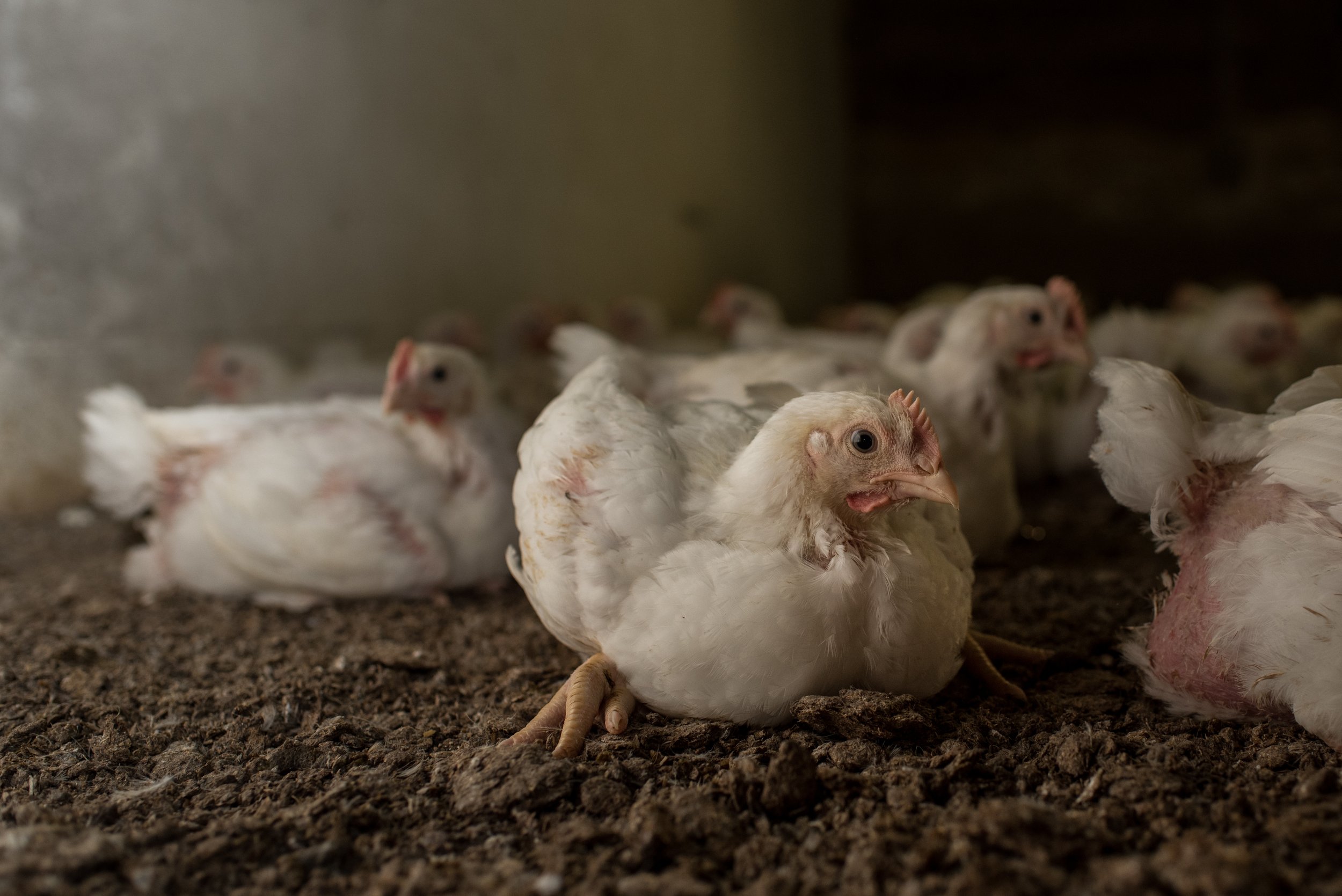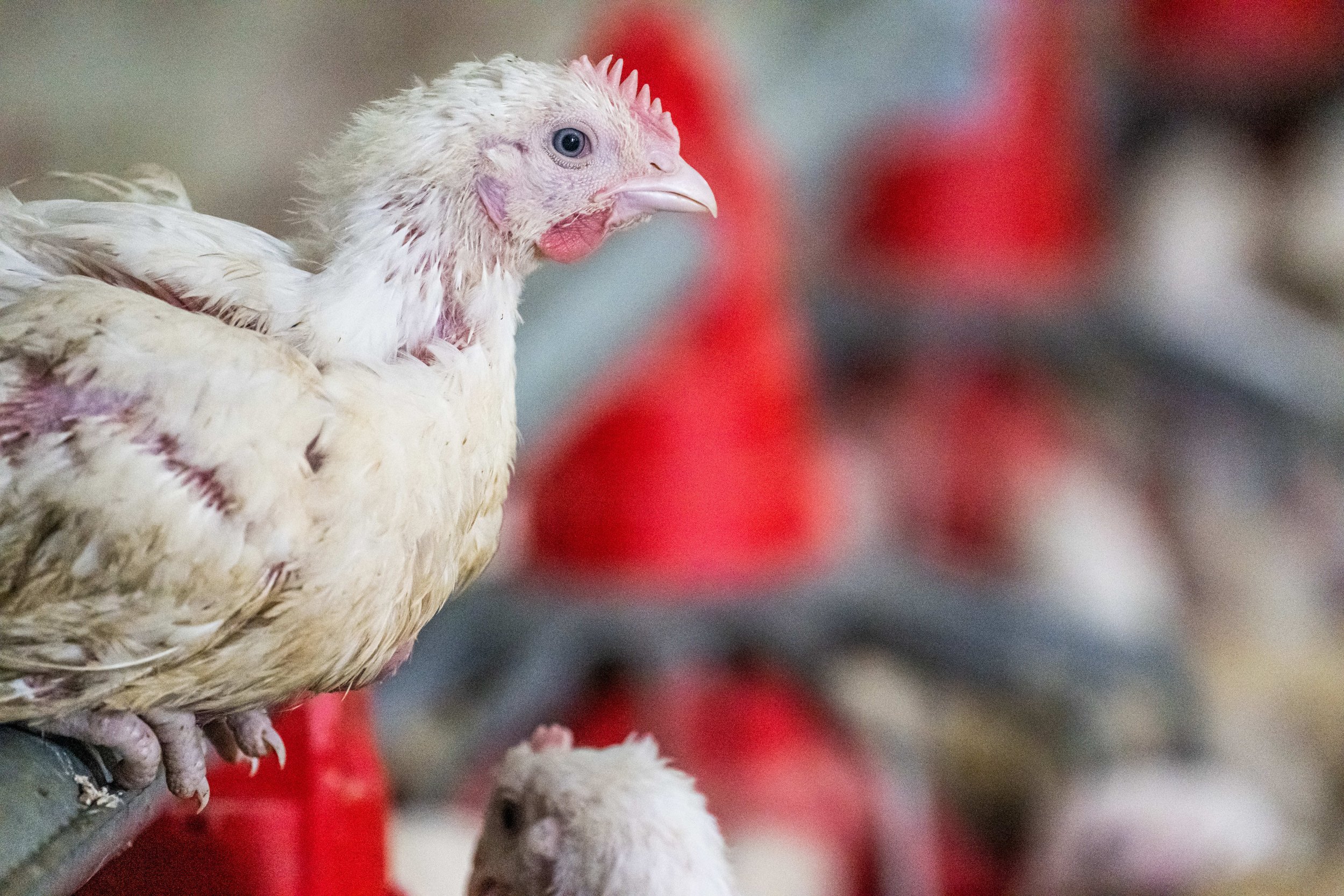
Our research seeks to accelerate society's transition away from factory farming.
Society is evolving away from farming animals. Accelerating this transition is vital to address the harms of modern industrial animal agriculture, alleviating harsh conditions for animals while ensuring global food security on a rapidly warming planet.
Rigorous science with practical impact
Drawing on interdisciplinary expertise in statistics, behavior interventions, psychology, and other fields, our team studies innovative, evidence-based routes to transition away from animal farming. Our work has been published in top academic journals, and we are equally committed to communicating our findings beyond academia. Our investigators regularly give invited talks to key stakeholders, such as the United States Environmental Protection Agency. We also collaborate closely with organizations that share our commitment to practical, evidence-based solutions. Some of our partners include Greener By Default, Rethink Priorities, Faunalytics, and Sentience Institute. Our in-depth mission statement and approach is detailed here.

Holistic ethical and societal considerations
Transitions in global food systems have complex effects. Switching from red meat to white meat is often recommended as a means to reduce greenhouse gas emissions, but doing so dramatically exacerbates the animal welfare harms caused by factory farming. Since chickens and fish are much smaller than cows and pigs, shifting the food system to white meat would require vastly more animals to be raised in factory farms (or comparable aquaculture systems) to feed humans. This leads to dramatically worse net consequences for animal welfare, even when accounting for proxies of species’ capacity for sentience and suffering, such as neuron counts.
Ethical concern about factory farming has become a majority view in several countries; these concerns should be taken seriously as we build sustainable global food systems. Intensive farming of chickens and fish also does not address problems of antibiotic resistance and zoonotic diseases. We are committed to facilitating plant-forward food systems that address these considerations holistically.
Building a new academic field
By mentoring future researchers as PhD students, postdoctoral fellows, and staff scientists, we are working to build a new academic field at the nexus of animal welfare, food sustainability, and climate change.



